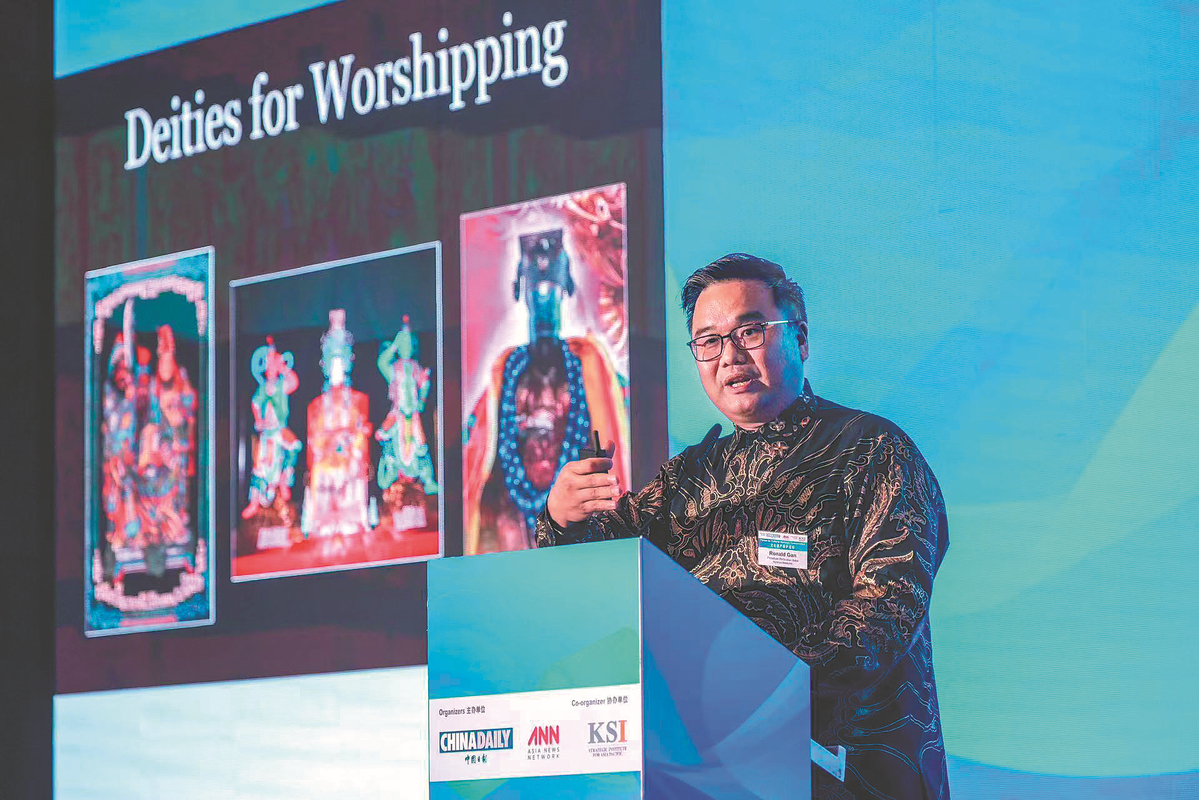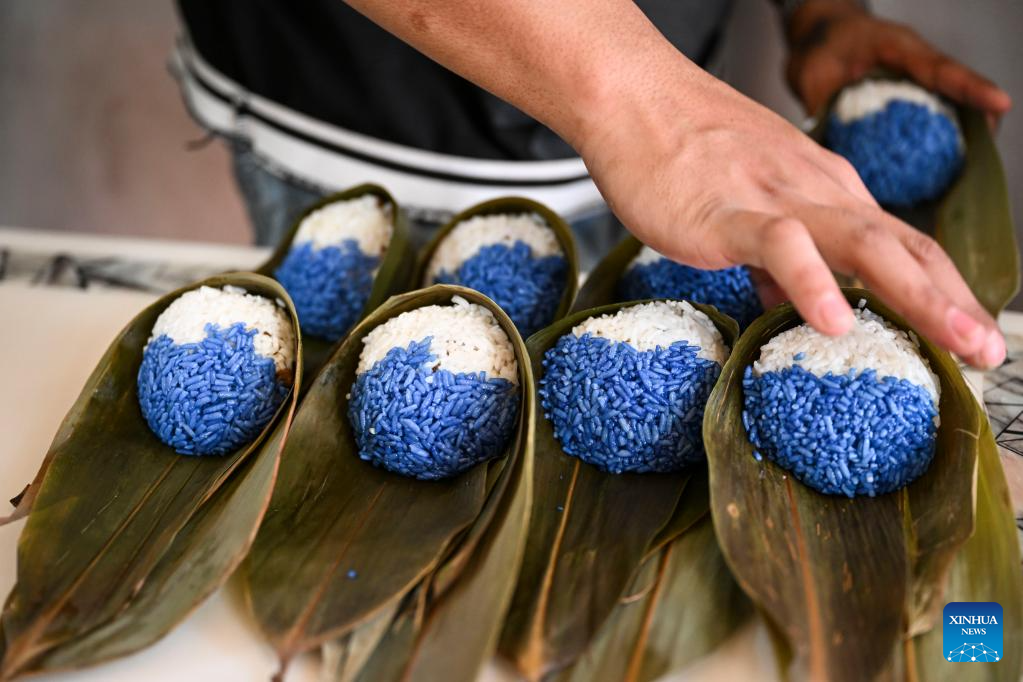- Asian media seen as 'an important force' in promoting civilization
- Baba Nyonya, a Malaysian meeting of two traditions
- Despite challenges, partnership seen as key to keeping the past alive
- Deeper understanding of other cultures seen to reduce conflict
- China looks for collaboration to conserve Asian legacy
- Malaysia seeks cooperation, exchange on shared practices
- Cross-border efforts needed to protect heritage
Editor's note: On Thursday, China Daily and newspaper alliance Asia News Network held the Forum on Cultural Heritage Conservation in Selangor, Malaysia. Co-organized by think tank KSI Strategic Institute for Asia Pacific, nearly 200 government officials, senior executives, cultural leaders, researchers and media representatives from across Asia attended the forum, which was themed "Shared Heritage, Shared Future", to discuss ways to jointly preserve cultural heritage and drive sustainable development in the region. Here are highlights of the forum.

The Baba Nyonya community in Malaysia is a vivid example of cultural exchange, with the Wangchuan ceremony a shared intangible cultural heritage of Malaysia and China, said Ronald Gan, president of Persatuan Peranakan Baba Nyonya Malaysia.
Speaking at the Forum on Cultural Heritage Conservation on Thursday, Gan shared the stories of the Baba Nyonya.
In the 15th century, many Chinese immigrants married Malaysians. Their male descendants were called Baba, and their female descendants Nyonya.
Gan has been organizing Wangchuan ceremonies in Melaka, where there is a large population of Baba Nyonya. The ceremony, which originated in South China's Fujian province, is a traditional cultural practice jointly nominated by China and Malaysia for UNESCO's intangible cultural heritage list.
Noting that the Baba Nyonya keep the traditional practices they inherited from Chinese culture, Gan said many of them have integrated with Malaysian elements, resulting in a unique culture.
For example, Baba Nyonya houses have Chinese-style tiles, and furniture with elements of Malay culture and colonial influence. They also worship traditional deities like the Chinese.
ALSO READ: Preserving cultural heritage essential for shared future
"Today is the birthday of the Kitchen God, so before I came here, I actually prayed to him," said Gan, laughing.

Beyond Malaysia, Baba Nyonya people can be found in Indonesia and Thailand. Gan said it is important for the region to jointly preserve the culture.
Speaking to China Daily after the forum, Gan said he especially appreciates the concept of people-to-people exchange in the Belt and Road Initiative, which is key to preserving cultural heritage.
After the addition of the Wangchuan ceremony and related practices to UNESCO's intangible cultural heritage list, Gan said he now visits China more often to communicate with the community in Fujian, discussing long-term mechanisms to preserve and promote their shared cultural heritage.
He is also excited that Malaysia is preparing to join the China-initiated Alliance for Cultural Heritage in Asia because it will promote cultural exchange, which may also help generate new blended culture.
"The world today is complex, but when we speak about cultural heritage and the sense of belonging, I think that will break a lot of ice," said Gan.
READ MORE: China and Malaysia at 50: Shared Changing, Shared Future
Despite being a Baba in Malaysia, Gan put on a traditional Indonesian batik shirt to speak at the forum to show that things unique to a certain culture can also be shared by the world.


